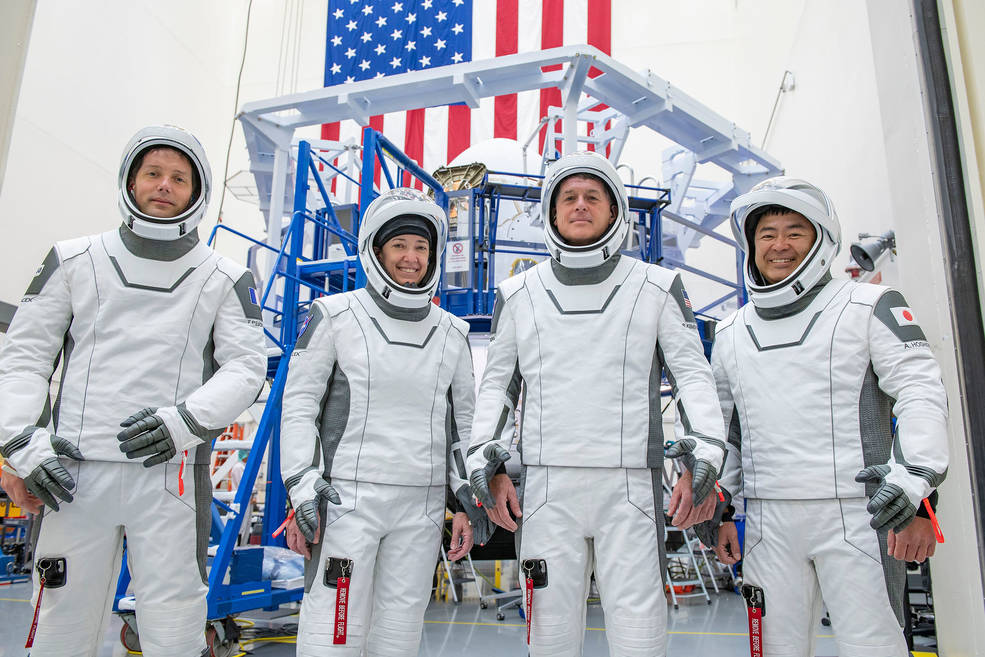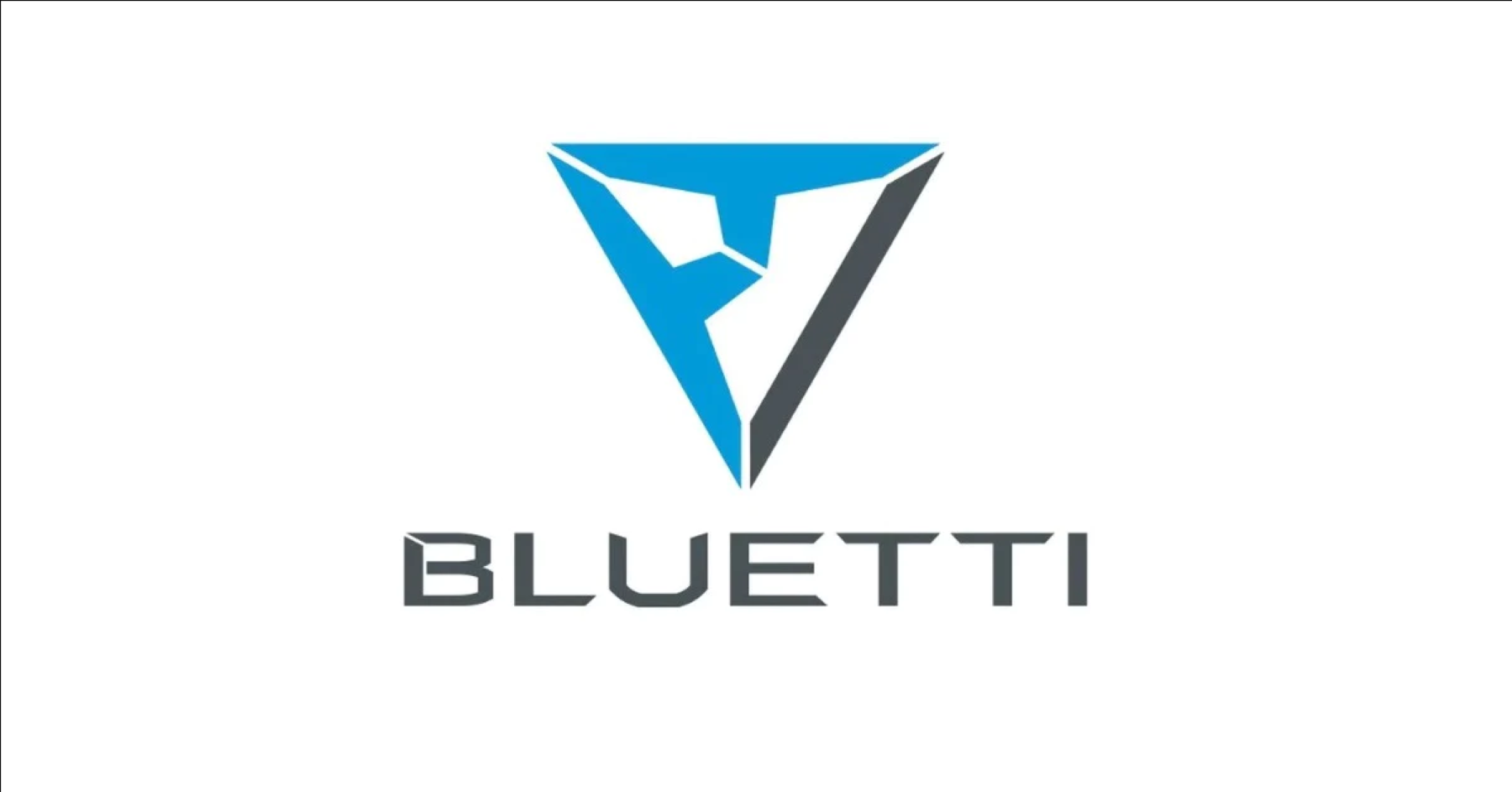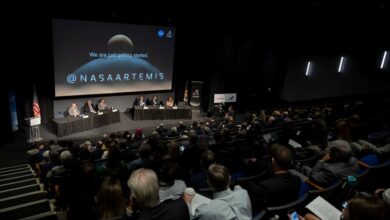Coverage Set for NASA’s SpaceX Crew-2 Briefings, Events, Broadcasts

NASA will provide coverage of the upcoming prelaunch and launch activities for the agency’s SpaceX Crew-2 mission with astronauts to the International Space Station. This is the second crew rotation flight of the SpaceX Crew Dragon and the first with two international partners. The flight follows certification by NASA for regular flights to the space station as part of the agency’s Commercial Crew Program.
The launch, on a Falcon 9 rocket, is targeted for 6:11 a.m. EDT Thursday, April 22, from Launch Complex 39A at NASA’s Kennedy Space Center in Florida. The Crew Dragon is scheduled to dock to the space station about 5:30 a.m. Friday, April. 23. Prelaunch activities, launch, and docking will air live on NASA Television, the NASA app, and the agency’s website.

The Crew-2 flight will carry NASA astronauts Shane Kimbrough and Megan McArthur – who will serve as the mission’s spacecraft commander and pilot, respectively – along with JAXA (Japan Aerospace Exploration Agency) astronaut Akihiko Hoshide and ESA (European Space Agency) astronaut Thomas Pesquet, who will serve as mission specialists to the space station for a six-month science mission.
The deadline has passed for media accreditation for in-person coverage of this launch. More information about media accreditation is available by emailing: ksc-media-accreditat@mail.nasa.gov.
All media participation in the following news conferences will be remote except where specifically listed below, and only a limited number of media will be accommodated at Kennedy due to the ongoing coronavirus (COVID-19) pandemic. Please note that the Kennedy Press Site facilities will remain closed throughout these events for the protection of Kennedy employees and journalists, except for a limited number of media who will receive confirmation in writing in the coming days.
NASA’s SpaceX Crew-2 mission coverage is as follows (all times Eastern):
Thursday, April 15
6 p.m. – Flight Readiness Review (FRR) Media Teleconference at Kennedy (no earlier than one hour after completion of the Flight Readiness Review) with the following participants:
- Kathy Lueders, associate administrator, Human Exploration and Operations, NASA Headquarters
- Steve Stich, manager, NASA Commercial Crew Program, Kennedy
- Joel Montalbano, manager, International Space Station, NASA’s Johnson Space Center
- Norm Knight, deputy manager, Flight Operations Directorate, Johnson
- SpaceX representative
- Junichi Sakai, manager, International Space Station Program, JAXA
- Frank de Winne, manager, International Space Station Program, ESA
- Randy Repcheck, acting director, Operational Safety, Federal Aviation Administration
Media may ask questions via phone only. For the dial-in number and passcode, please contact the Kennedy newsroom no later than 5 p.m. Thursday, April 15, at: ksc-newsroom@mail.nasa.gov.
Friday, April 16
1 p.m. (approximately) – Crew Arrival Media Event at Kennedy with the following participants (limited, previously confirmed in-person media only):
- Steve Jurczyk, acting NASA administrator
- Bob Cabana, center director, Kennedy
- Junichi Sakai, manager, International Space Station Program, JAXA
- Frank de Winne, manager, International Space Station Program, ESA
- NASA astronaut Shane Kimbrough, spacecraft commander
- NASA astronaut Megan McArthur, pilot
- JAXA astronaut Akihiko Hoshide, mission specialist
- ESA astronaut Thomas Pesquet, mission specialist
No teleconference option is available for this event.
Saturday, April 17
9:45 a.m. – Virtual Crew Media Engagement at Kennedy with Crew-2 astronauts:
- NASA astronaut Shane Kimbrough, spacecraft commander
- NASA astronaut Megan McArthur, pilot
- JAXA astronaut Akihiko Hoshide, mission specialist
- ESA astronaut Thomas Pesquet, mission specialist
Media may ask questions via phone only. For the dial-in number and passcode, please contact the Johnson newsroom at no later than 5 p.m. Friday, April. 16, at: jsccommu@mail.nasa.gov.
Monday, April 19
1 p.m. – Science Media Teleconference to discuss investigations Crew-2 will support during their mission
- ISS U.S. National Laboratory Senior Program Director Dr. Liz Warren will discuss Tissue Engineering, which uses a combination of cells, engineering, and materials to restore, maintain, improve, or replace biological tissues. Scientists will leverage microgravity, which allows cells to grow without scaffolding and in ways that mimic tissues in the human body.
- Dr. Lucie Low from the National Institutes of Health will discuss Tissue Chips, complex bioengineered 3D models that mimic the structure and function of human organ systems. Scientists use tissue chips to test the potential effects of drugs on those tissues and to study diseases.
- ISS Program Scientist for Earth Observations Dr. William Stefanov will discuss Crew Earth Observations. Astronauts have taken more than 3.5 million images of Earth from the space station, contributing to one of the longest-running records of how Earth has changed over time.
- NASA Project Manager for ISS Power Augmentation Bryan Griffith will discuss the ISS Roll-out Solar Array compact solar panels that roll open like a yoga mat. In 2017, the basic design underwent testing on the space station to determine its strength and durability, and NASA will deliver the first two of six new arrays that will be delivered this summer to augment the station’s power.
Media may ask questions via phone. For the dial-in number and passcode, please email Stephanie Schierholz no later than 8 a.m. Monday, April. 19, at: stephanie.schierholz@nasa.gov.
Tuesday, April 20
TBD – Prelaunch News Conference at Kennedy (no earlier than one hour after completion of the Launch Readiness Review) with the following participants:
- Steve Stich, manager, Commercial Crew Program, Kennedy
- Joel Montalbano, manager, International Space Station, Johnson
- Kirt Costello, chief scientist, International Space Station Program, Johnson
- Norm Knight, deputy manager, Flight Operations Directorate, Johnson
- Benji Reed, senior director, Human Spaceflight Programs, SpaceX
- Junichi Sakai, manager, International Space Station Program, JAXA
- Frank de Winne, manager, International Space Station Program, ESA
- Brian Cizek, launch weather officer, U.S. Air Force 45th Weather Squadron
Media may ask questions via phone only. For the dial-in number and passcode, please contact the Kennedy newsroom no later than noon Tuesday, April 20, at ksc-newsroom@mail.nasa.gov.
Wednesday, April 21
10 a.m. – Administrator Countdown Clock Briefing with the following participants (limited, previously confirmed in-person media only):
- Steve Jurczyk, acting NASA administrator
- Bob Cabana, Kennedy center director
- Hiroshi Sasaki, vice president and director general, JAXA’s Human Spaceflight Technology Directorate
- Frank de Winne, manager, International Space Station Program, ESA
- NASA astronaut
- NASA astronaut
No teleconference option is available for this event.
Thursday, April 22
2 a.m. – NASA Television launch coverage begins. NASA Television will have continuous coverage, including docking, hatch opening, and welcome ceremony, with a news conference following docking activities.
7:30 a.m. (approximately) – Postlaunch news conference with the following participants:
- Steve Jurczyk, acting NASA administrator
- Kathy Lueders, associate administrator, Human Exploration and Operations Mission Directorate, NASA Headquarters
- Hiroshi Sasaki, vice president and director general, JAXA’s Human Spaceflight Technology Directorate
- Frank de Winne, manager, International Space Station Program, ESA
- SpaceX representative
Media may ask questions via phone only. For the dial-in number and passcode, please contact the Kennedy newsroom no later than 7 a.m. Thursday, April 22, at: ksc-newsroom@mail.nasa.gov.
Friday, April 23
5:30 a.m. – Docking
7:35 a.m. – Hatch Opening
8:05 a.m. – Welcome Ceremony from the International Space Station with the following participants:
- Kathy Lueders, associate administrator, Human Exploration and Operations Mission Directorate, NASA Headquarters
- Hiroshi Yamakawa, president, JAXA
- Josef Aschbacher, director general, ESA
NASA TV Launch Coverage
NASA TV live coverage will begin at 2 a.m. For NASA TV downlink information, schedules, and links to streaming video, visit:
Audio only of the news conferences and launch coverage will be carried on the NASA “V” circuits, which may be accessed by dialing 321-867-1220, -1240, -1260 or -7135. On launch day, “mission audio,” countdown activities without NASA TV launch commentary, will be carried on 321-867-7135.
On launch day, a “clean feed” of the launch without NASA TV commentary will be carried on the NASA TV media channel. Launch also will be available on local amateur VHF radio frequency 146.940 MHz and UHF radio frequency 444.925 MHz, heard within Brevard County on the Space Coast.
NASA Website Launch Coverage
Launch day coverage of NASA’s SpaceX Crew-2 mission will be available on the agency’s website. Coverage will include livestreaming and blog updates beginning no earlier than 2 a.m. Thursday, April 22, as the countdown milestones occur. On-demand streaming video and photos of the launch will be available shortly after liftoff. For questions about countdown coverage, contact the Kennedy newsroom at: 321-867-2468. Follow countdown coverage on our launch blog at:
http://blogs.nasa.gov/commercialcrew
Additional Media Opportunities
Live shots and remote live interviews via Zoom will be offered in English and Spanish from 6 a.m. to 1 p.m. Wednesday, April 21. To book a live shot window, media should complete and submit the form available at:
https://forms.gle/LR3vWx1oC7eKeyzn9
Interview requests outside that window can be arranged by reaching out to Laura Aguiar laura.aguiar@nasa.gov at Kennedy. Additional questions should be directed to the Kennedy News Center: 321-867-2468.
Public Participation
NASA invites the public to take part in virtual activities and events ahead of the launch. Members of the public can attend the launch virtually, receiving mission updates and opportunities normally reserved for on-site guests.
NASA’s virtual launch experience for Crew-2 includes curated launch resources, a digital boarding pass, notifications about NASA Social interactions, and the opportunity for a virtual launch passport stamp following a successful launch.
Register for email updates or RSVP to the Facebook event for social media updates to stay up-to-date on mission information, mission highlights, and interaction opportunities.
Print, fold, and get ready to fill your virtual launch passport. Stamps will be emailed following launches to all virtual attendees registered by email through Eventbrite.
Engage kids and students in virtual and hands-on activities that are both family-friendly and educational through Next Gen STEM Commercial Crew.
Watch and Engage on Social Media
Stay connected with the mission on social media via Twitter, Facebook, and Instagram using the hashtag #LaunchAmerica. Follow and tag these accounts:
- Twitter: @NASA, @Commercial_Crew, @Space_Station, @NASAKennedy
- Facebook: NASA, NASA Commercial Crew, ISS Facebook, Kennedy Space Center
- Instagram: NASA, ISS Instagram, NASAKennedy
NASA will provide a live video feed of Launch Complex 39A approximately 48 hours prior to the planned liftoff of the Crew-2 mission. Pending unlikely technical issues, the feed will be uninterrupted until the prelaunch broadcast begins on NASA TV, approximately four hours prior to launch.
Once the feed is live, it will be available here:
http://youtube.com/kscnewsroom
Make sure to check out NASA en Espanol on Twitter, Instagram, Facebook, and YouTube for more Spanish-language coverage on Crew-2.
Para obtener información sobre cobertura en español en el Centro Espacial Kennedy o si desea solicitar entrevistas en español, comuníquese con Kristina Irastorza 321-607-4073 y Antonia Jaramillo 321-501-8425.
NASA’s Commercial Crew Program has delivered on its goal of safe, reliable, and cost-effective transportation to and from the International Space Station from the United States through a partnership with American private industry. This partnership is changing the arc of human spaceflight history by opening access to low-Earth orbit and the International Space Station to more people, more science, and more commercial opportunities. The space station remains the springboard to NASA’s next great leap in space exploration, including future missions to the Moon and, eventually, to Mars.
For NASA’s launch blog and more information about the mission, visit:





